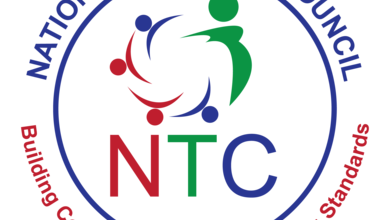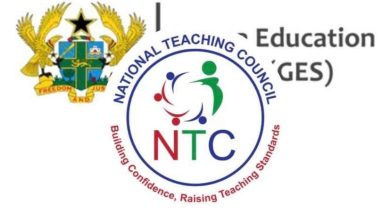Another Teachers’ Mass Transfer Sparks Urgent Appeal for Support
Another Teachers’ Mass Transfer Sparks Urgent Appeal for Support
In a recent development that has sent shockwaves through the educational sector, a substantial number of teachers, including heads of schools, have been subjected to mass transfers across various districts, with one notable case being the Abuakwa South Municipality. This situation has prompted some Teachers to take drastic measures, even considering public demonstrations, to voice their concerns and seek assistance.
Transfer Grants
One critical issue that has emerged in the wake of these transfers is the question of whether teachers will receive a transfer grant. Unfortunately, many teachers have been told that their transfers do not meet the required distance criterion of 50 kilometers or more, rendering them ineligible for such grants. Instead, they now find themselves in an economically challenging situation, having to bear double the cost of their daily commute to their new work locations.
Accommodation for Teachers
This predicament has ignited a fervent call among Teachers for the introduction of an accommodation allowance, akin to the practices observed in other sectors, and the provision of a transfer grant or notice to ease their transition.
GES Code Of Conduct – Transfer and Reposting
Examining the Ghana Education Service (GES) Code of Conduct sheds light on this issue. Section 3.18 of the code stipulates that staff should not refuse postings, and postings entail a change in location or job within the service. Similarly, Section 3.19 addresses transfers, emphasizing that staff members should not refuse to go on transfer, which signifies a change in job or location within the service.
Collective Agreement
To further analyze the situation, we turn to the collective agreement outlined in Section Eighteen, specifically addressing traveling and transport. This section outlines the conditions under which employees are eligible to claim refunds for traveling expenses. It is worth noting that there are exceptions, such as transfers at the request of the employee, except under special circumstances, as well as the requirement for employees to produce evidence of movement for the payment of traveling and transport allowances.
In the context of transfer grants, the GES Code of Conduct does not explicitly cover this aspect. Still, it is a crucial issue that teachers are advocating for to alleviate the financial burden imposed by these transfers. Additionally, the provision of rent advances not exceeding the annual salary could offer some relief to affected Teachers.
For those concerned about staff accommodation, Section Nineteen provides insight into the categories of staff members who may be eligible to receive accommodation, including headmasters, assistant headmasters, principals, and other key positions within second-cycle institutions.
Issues of Demonstration,
Lastly, the grievance handling procedures outlined in Section Forty underscore the importance of problem-solving within the education sector. This system allows employees to address their concerns through various channels, from their immediate heads to higher authorities, and even external legal institutions if necessary. Importantly, this procedure is designed to protect employees from any form of discipline or discrimination stemming from their use of the grievance mechanism.
In light of these developments, it is evident that teachers affected by these mass transfers are grappling with significant challenges.
They also call the Unions to intervene like they did in the Western Region





